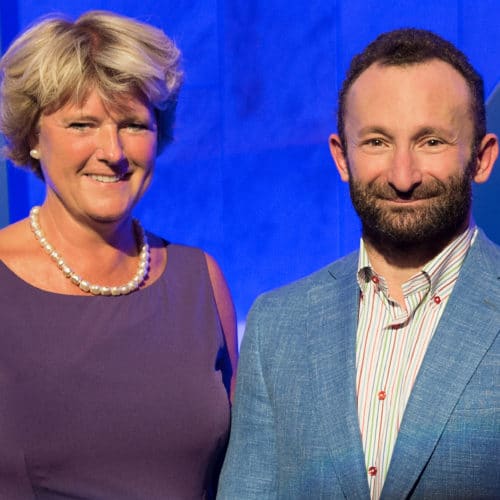Always good to sing the worse side of adversity.

Always good to sing the worse side of adversity.

From Kate Calder of EMR:
Six months and three days after last hearing live music in Edinburgh, I and around forty others are sitting on stools on a pleasant September afternoon in front of a trailer in the courtyard of the Festival Theatre. We’re in pods – marked out circles which can seat one to four people – and the spacing is comfortably generous. As it’s outside, we don’t have to wear masks….
Read on here…
…. The next afternoon we’re back for ‘Don Giovanni’. The same quintet of performers are now in black coats. They have more need of them today, as an autumnal chill has the audience huddled up in padded jackets too. The format is as before, this time with illustrations by Tim Gravestock. These are oil paintings with some chiaroscuro to befit the dark themes, beautifully executed…
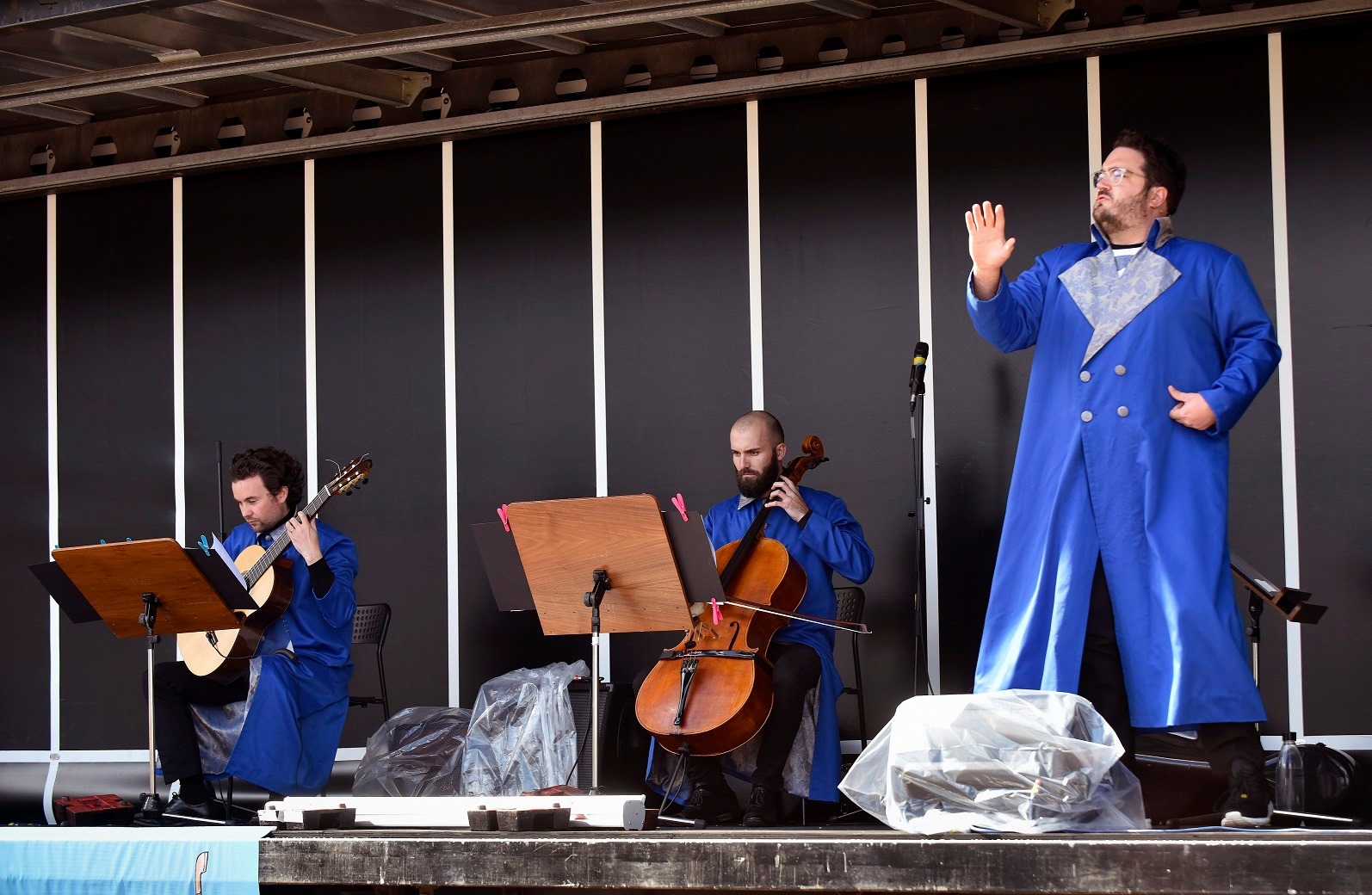
Welcome to the 121st work in the Slipped Disc/Idagio Beethoven Edition
String Quartet No. 14 in C sharp minor op. 131 (part 2)
You can read part 1 here.
The sixth movement of Beethoven’s 14th string quartet opens, for reasons he never indicated and no-one else has explained, with the unmistakable musical phrase on Kol Nidrei that Ashkenazi Jews use to commence their Yom Kippur services.
Beethoven had contact with Jews through his life and was certainly not anti-semitic, but there is no record of him ever entering a synagogue or taking an interest in Jewish worship. How and why he quoted Kol Nidrei in his most important string quartet is a mystery we will never fathom, though it is worth examining the clues since the insertion is by no means insignificant.
Bonn, where Beethoven grew up, had a Jewish community from about the year 400. At the time of Beethoven’s birth, the Jews were locked away from the rest of the city inside a ghetto of 19 houses. A small synagogue had been erected in 1758 with room for 44 men and 29 women. After the French Revolution of 1789, Jews were allowed to live outside the ghetto. In 1794 Bonn was occupied by the French and Jews received full civic rights. By now, however, Beethoven was on his way to Vienna.
The Jewish population of Vienna in the 1790s numbered in the low hundreds and was confined to the second district, on the poorer side of the Danube canal. Under Austrian law, no Jewish community was recognised to exist in the capital, but those restrictions were dissipated by the French occupation in 1809. Fifteen years later an impressive temple was opened at Seitenstettengasse in the first district. There were still fewer than 2,000 Jews in the city but a handful of them had become wealthy and the synagogue could afford to employ eminent rabbis and a celebrated cantor, the composer Salomon Sulzer, who proved a singular attraction to musicians. Liszt was an admirer. Schubert accepted a commission to provide Hebrew Psalm settings for the Friday night service.
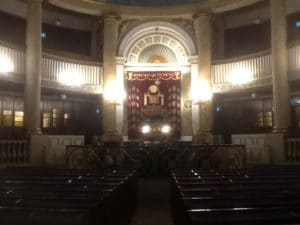
Beethoven, it has been suggested, was asked to compose a cantata for the synagogue’s inauguration but there is no known documentation of any such request. The year 1825, however, was when he was writing the 14th string quartet and it may be that an awareness of the consecration of the first Jewish synagogue in Vienna put him in mind of the Kol Nidrei prayer that opens the Yom Kippur services. This is about the strongest cause that can be argued for the presence of the tune in his seminal string quartet.
Kol Nidrei itself is problematic. The Aramaic prayer, originating in Iraq in the period 600-1000AD, asks God to accept the annulment of the year’s unfulfilled personal pledges so that people can utter their Holy Day prayers with a clear conscience. Some authorities argue that the role of this prayer was to permit Jews who had been forcibly converted to Islam or Christianity to revert to their faith. Rabbis down the centuries have sought to abandon the prayer but tradition proved stronger than theology and, at some point in time, the prayer acquired a tune that was simply immutable.
The origin of this sighing melody, which is unknown, predates the 17th century. By the time of Sulzer and Beethoven it had acquired a patina of cantorial elaboration, almost of theatrical performance, and was among the best known melodies of the Ashkenazi Jews.
Later in the 19th century, Max Bruch would turn it into a successful cello concerto.
Beethoven cannot have heard it in 1825, when he was profoundly deaf. If he knew it at all it would have been from his youth in Bonn and if he consciously quoted it in the quartet it may have been as a nod of nostalgia to his younger self. A rumour that he had once fallen in love with a Jewish woman, Rachel Levin (better known by her married name Rachel Varnhagen) can be comprehensively dismissed.
The section of the 14th quartet that contains the Kol Nidrei theme is this:
One has to wonder whether Jewish players in string quartets have a different take on the Kol Nidrei theme than non-Jews. That would depend, in the first instance, whether they were familiar with Jewish liturgy in an age when many had been raised without religion. But we can’t know until we listen.
The Amadeus Quartet, comprising three non-religious Hitler refugees from Vienna and one London Jew, play the sixth movement as if unaware of any notion of Kol Nidrei. In the Juilliard Quartet’s version, played by New York Jews, the linkage is pronounced and unmistakable. The 1966 Fine Arts Quartet, of similar background, give an even more explicit emphasis. Most Jewish-sounding of all is the 1961 Budapest String Quartet, comprising Joseph Roisman, Jac Gorodetzky (Violins), Boris Kroyt (Viola), Mischa Schneider (Cello).
At the extreme far end of the ethnic spectrum the Nazified Schneiderhahn Quartet of Vienna in 1944 cleanse their intepretation not only of any Jewish association but of any hint of orientalism. Listening closely, it seems as if this is a conscious and deliberate artistic decision, so remote is their manner of expression from the mainstream of string quartets.
Turning to the post-war Quartetto Italiano, who were not Jewish, we find a phrasing that is almost Kol Nidrei, but not quite. The deep sigh is immensely evoctive not so much of Jewish experience but of Mediterranean civilisation, as if the tunes comes not necessarily from Judaism as from the intermingling of ideas that has flourished around the coasts of the Great Sea from the dawn of humanity. Perhaps that’s the heart of the matter, perhaps not. In musical terms, the Italiano are unarguably convincing.
The great pianist, in a newly released after-dinner speech in 1967.
He’s in sparkling form, timing his jokes to perfection.

Booker Rowe started playing in the Philadelphia Orchestra 52 years ago as a sub and won full membership in 1971.
He’s retiring this week because the orchestra is paralysed by Covid.
Here’s his story.
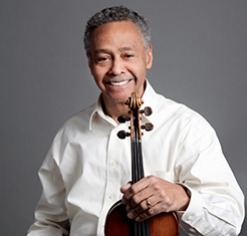
From violinist Rachel Easton:
Last year saw my 20th at opera Australia.
The green room there has a wall of photos honouring artists, it’s an honour to be up up there with folks long past and present.
Covid saw the hanging postponed, but I was in there today so finally got to see my pic!
It was also a dark day for my Orchestra, whom I have had the most immense pleasure working with. 16 of us were just confirmed redundant this afternoon, plus 13 more vacant positions.
Not just us but glorious chorus members, fantastic stage crew, wardrobe staff and more have been lacerated.
I shall miss you all, thanks for the ride.
Opera Australia SHAME on you.
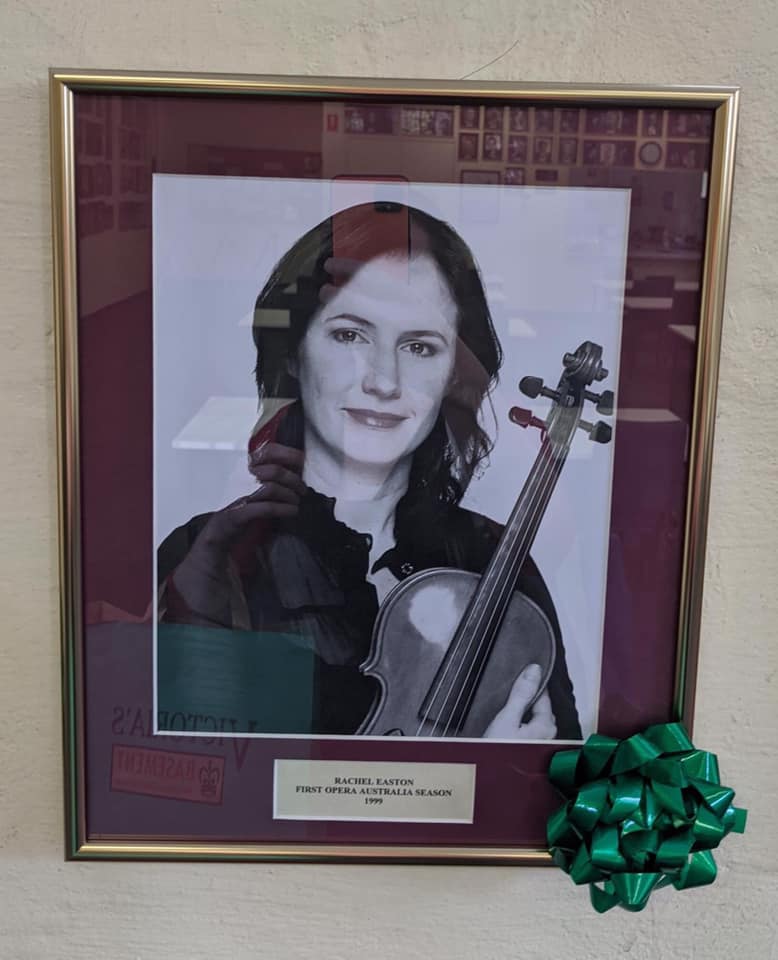
The British director Nicolas Mansfield will be leaving Nederlandse Reiseopera next week.
The official statement reads: Nicolas Mansfield, General Manager and Artistic Director is leaving the Dutch National Touring Opera. This decision was taken after mutual consultation between Mansfield and the Supervisory Board.
Mansfield stabilised the company in 2012 when it was tottering after Government cuts. Last year it recorded peak attendance and won additional Government funding.
So presumably the saviour can go.
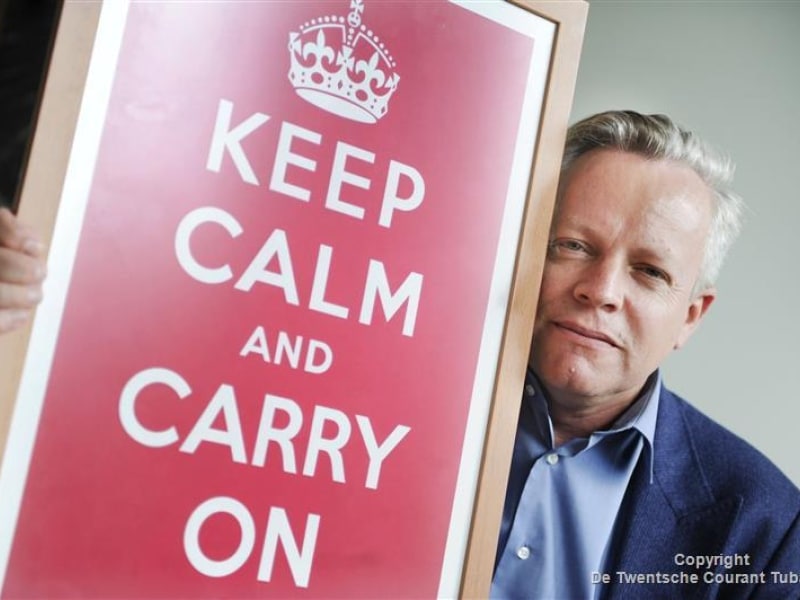
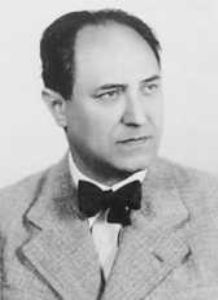
From the Lebrecht Album of the Week:
Georg Solti used to say that Leo Weiner (1885-1960) was his best teacher in Budapest. Since his other professors at the Franz Liszt Academy included Bela Bartok and Zoltan Kodaly, this was no small compliment. Weiner… was a selfless bachelor who took vicarious pleasure in his pupils’ successes and was reluctant to promote his own works. Solti aside, his students included the conductors Eugene Ormandy (Philadelphia), Fritz Reiner (Pittsburgh, Chicago), Antal Dorati (Minneapolis, Detroit, Washington) and the cellist Janos Starker (Cleveland). He may have done more than any individual conductor to shape the sound of the modern American orchestra…
Read on here.
And here.
In The Critic here.
In Spanish here.
And here in Portuguese.
In Czech here.
And finally in French.

Hugh Kerr of Edinburgh Music Review is in Vienna:
Our four nights of opera in Vienna confirmed my view that the Staatsoper is one of the great opera houses of the world and one of the most beautiful. It is also taking on the challenge of opera in the Covid era and showing it can be done. At a time when Covent Garden is dark apart from online performances and the Met has cancelled all operas until next year, Vienna is showing it is possible to put on opera. Let’s hope others follow – otherwise the future of opera and indeed live music is seriously under threat.
Read on here.

We understand that nine posts have been abolished this summer at HP. All are auxiliary or relatively junior.
The senior agents have kept their jobs.
The agency has been the busiest recruiter of artists during the Covid pause.
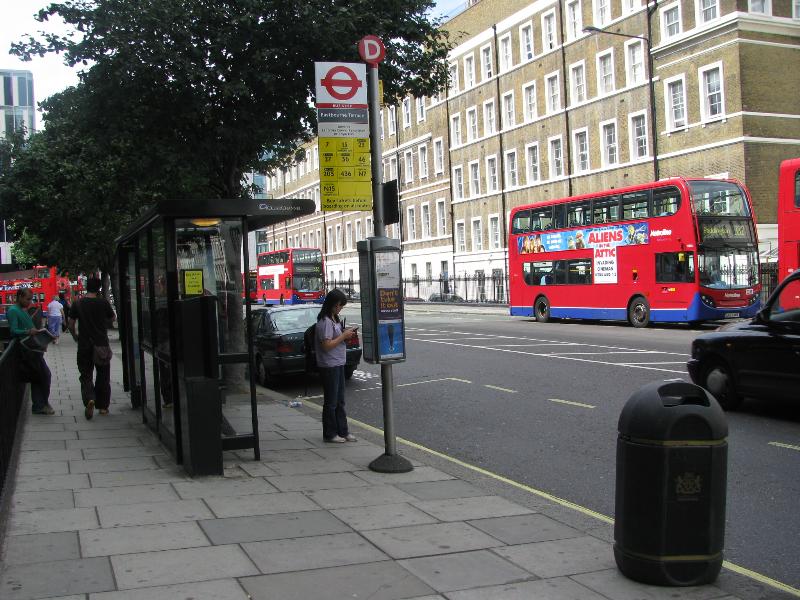
Culture Minister Monika Grütters has won a budget of 1.94 billion euros for the coming year. That is a 6.6% increase year on year.
And not a peep of opposition. Grütters has won the argument that culture in Germany is vital for social cohesion.
Since she became Minister of State for Culture in 2013, federal spending on culture has increased by 60%.
